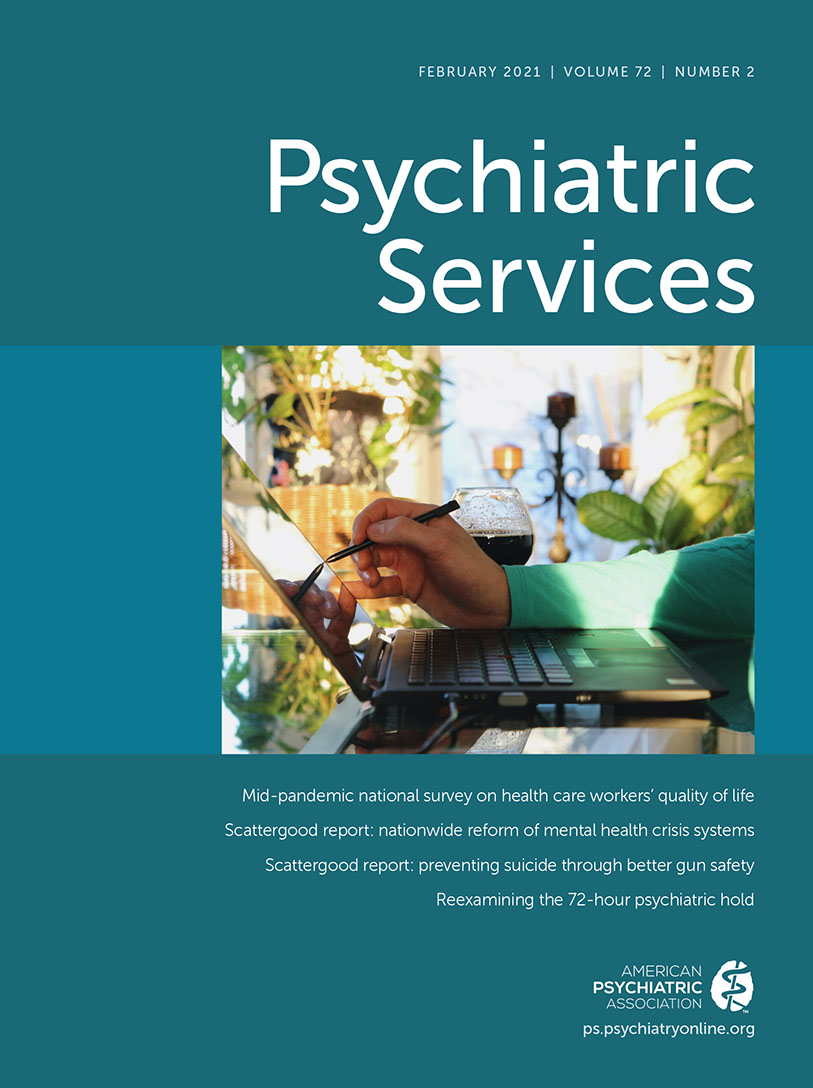Mental Health in the Aftermath of the Beirut Blast: Community Healing and the Quest for Justice
TO THE EDITOR: On August 4, 2020, two explosions rocked Beirut, causing over 200 deaths and 7,000 injuries and leaving 300,000 people homeless. The event was linked to 2,750 tons of ammonium nitrate that had been stored without proper safety measures in the port, adjacent to residential areas, for 6 years (1). The blast is one of the largest nonnuclear explosions in history and happened while Lebanon has been struggling with severe economic and political instabilities and the ongoing COVID-19 pandemic.
In the aftermath of this tragedy, the demands for justice and reparations from Lebanon’s residents have been striking. In contrast to reactions to natural disasters, the blast is perceived by Lebanese people as an act of murder resulting from their government’s negligence. It is also evident in people’s narratives that they no longer relate to the “resilience” of the Lebanese (2), a notion now equated with resignation and acceptance that living is merely surviving. From social media to large-scale protests, marches, and grassroots efforts, people have been unrelenting in their calls for accountability and to never forget what happened.
In this context, the mental health response must acknowledge this collective suffering and emphasize that justice is essential for healing. Helping individuals alleviate their emotional difficulties must be offered in tandem with a mental health analysis and response grounded in a sociopolitical and socioeconomic contextualization and guided by people’s aspirations and needs (3). Beyond treating individual symptoms of distress, collective healing over the long term necessitates a resourceful mental health response centered on advocacy for justice and on people’s needs and rights to reconstruct and sustain the foundations of their communities’ social safety and health.
The Beirut blast happened at a time when the pandemic exposed worldwide that a meaningful response to this health crisis requires acknowledging the structural drivers of social, economic, and health inequities (4). It also occurred at a time in Lebanon when an economic crisis and sociopolitical unrest are still growing, putting at the forefront the detrimental impacts of socioeconomic and security adversities and the notions of collective suffering and strength. The mental health response to the Beirut blast should be embedded within these realities. It should combine interventions for mental health conditions with community interventions that can target social distress and promote the recognition of the social, political, and economic hardships that Lebanese people are facing as inherent components of distress. Focusing on individual symptoms while neglecting the systems that perpetuate them can negatively affect acute and long-term care of individuals and communities (5). Mental health professionals, researchers, and policy makers in Lebanon have the responsibility to acknowledge structural drivers of collective distress. Their work must go beyond clinical interventions for individual symptoms and integrate awareness and intervention efforts that target social distress, with acknowledgment that suffering is felt collectively and is unique to the individual yet is not an isolated experience. Community-targeted and long-term strategies that address multiple layers of distress, build capacities that reflect communities’ needs, and advance advocacy for justice are central for reconstructing the mental health of the Lebanese people.
1 : Why Beirut’s ammonium nitrate blast was so devastating. Nature (Epub ahead of print, August 20, 2020)Google Scholar
2 Mounzer L: We Lebanese thought we could survive anything. we were wrong. New York Times Aug 3, 2020Google Scholar
3 UN Human Rights Experts Call for Justice and Accountability in Response to Beirut Explosion. Geneva, United Nations Human Rights Office of the High Commissioner, August 13, 2020. https://www.ohchr.org/EN/NewsEvents/Pages/DisplayNews.aspx?NewsID=26163&LangID=E#:∼:text=%E2%80%8BGENEVA%20(13%20August%202020,human%20rights%20experts*%20said%20todayGoogle Scholar
4 : Racism in the Time of COVID-19. Clearfield, UT, Interdisciplinary Association for Population Health Science, 2020. https://iaphs.org/racism-in-the-time-of-covid-19Google Scholar
5 : The significance of justice in the psychotherapeutic treatment of traumatized people after war and crises. Front Psychiatry 2020; 11:540Crossref, Medline, Google Scholar



